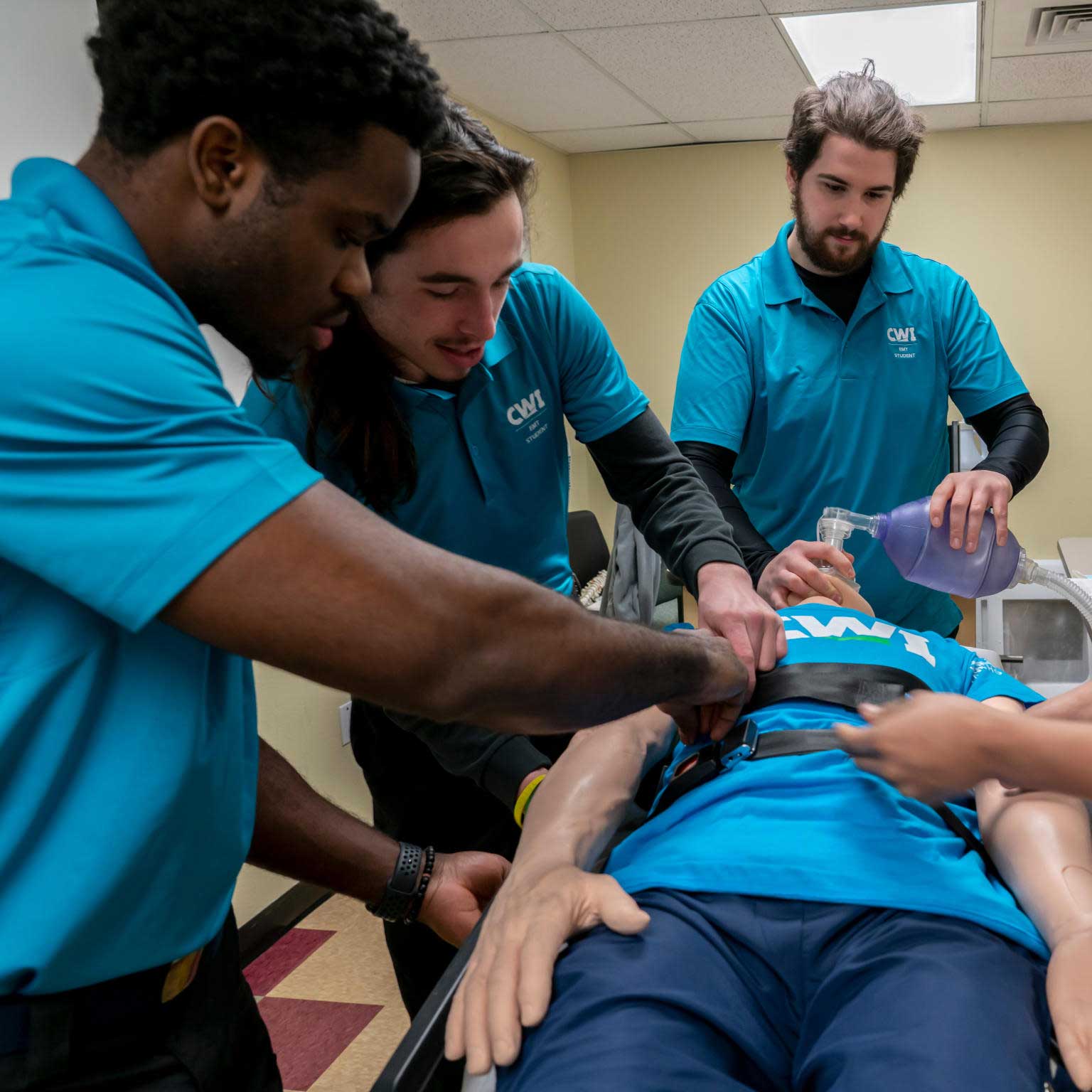Leveraging Cognitive Fortitude to Improve Gains in Athletic Therapy
Wiki Article
Mental fortitude is an crucial quality that can measurably elevate results in physical treatment. Competitors often grapple with injuries that necessitate time away from their training, which can be both physically and emotionally straining. Mental resilience refers to the ability to remain robust and positive in the face of adversity. It helps players cope with the pressure of healing, stay committed on their milestones, and maintain motivation throughout the healing process. By developing psychological strength, athletes can enhance their recovery experience and return to their performance better prepared than before.

A single key aspect of building emotional toughness is setting realistic objectives. When athletes are injured, it is crucial for them to have structured, attainable benchmarks during their rehabilitation. These milestones should be precise, measurable, reachable, relevant, and time-specific (actionable) principles. For example, instead of saying “I plan to recover soonâ€, an athlete might set a goal like “I will follow my therapy routine three times weekly for four weeksâ€. This helps recovering individuals monitor their progress and keep their focus on what they can influence, reducing feelings of discouragement or negativity.
Another crucial factor in developing psychological endurance is maintaining a uplifting mindset. Athletes should practice affirmative thinking and guided imagery to foster a resilient mental environment. Positive self-talk involves replacing defeating thoughts with motivating statements. For instance, instead of thinking “I can’t do thisâ€, an individual could tell themselves “Each day I’m improvingâ€. Mental rehearsal can also be effective; athletes can imagine themselves performing well in their sport as they progress. These practices help build mental fortitude and reinforce the belief that recovery is possible.
Supportive relationships play a essential role in fostering mental resilience during healing. Individuals should remain engaged with supportive friends, relatives, coaches, and medical professionals who understand the demands of healing. Honest conversations with these care team members allows patients to express their feelings, fears, and setbacks. Additionally, sharing experiences with other recovering peers can provide a sense of belonging and connection that makes the journey easier. Knowing others have faced related challenges can foster hope and motivate individuals to keep going.
Lastly, mindfulness techniques can significantly strengthen an athlete’s psychological well-being during rehabilitation. blog link Present-moment focus involves being conscious of one’s mental processes and feelings without bias. Practices such as guided mindfulness, deep go to website breathing exercises, or restorative stretching can help patients manage anxiety and emotional pressure related to their injury. By incorporating mindfulness into their regular habits, recovering individuals learn to stay present and focused on their progress, rather than dwelling on what they have missed during their time off from competition. This method promotes psychological balance and encourages a more positive attitude towards rehabilitation.